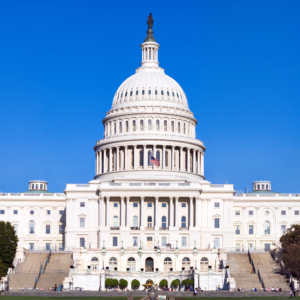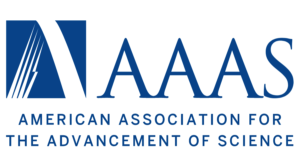AAAS Workshop Applications due January 31
 The American Association for the Advancement of Science (AAAS) is hosting a workshop in Washington, DC, about science policy. Vanderbilt University will be selecting up to 4 graduate students to attend. Registration costs, lodging, and airfare for selected students will be fully paid, thanks to sponsorship by the Vanderbilt Graduate School, the Russell G. Hamilton Graduate Leadership Institute, the BRET Office of Career Development ASPIRE Program, and the Vanderbilt Office of Federal Relations.
The American Association for the Advancement of Science (AAAS) is hosting a workshop in Washington, DC, about science policy. Vanderbilt University will be selecting up to 4 graduate students to attend. Registration costs, lodging, and airfare for selected students will be fully paid, thanks to sponsorship by the Vanderbilt Graduate School, the Russell G. Hamilton Graduate Leadership Institute, the BRET Office of Career Development ASPIRE Program, and the Vanderbilt Office of Federal Relations.
American Association for the Advancement of Science (AAAS)
Catalyzing Advocacy in Science and Engineering (CASE) Workshop
March 29 – April 1, 2020 in Washington DC
Participants will learn about Congress, the federal budget process, policy-making, and tools for effective civic engagement. The day after the workshop, students can opt to accompany Vanderbilt Office of Federal Relations staff to conduct meetings with their elected Members of Congress and congressional staff.
All Vanderbilt graduate students from STEM and Social Science disciplines are eligible to apply. Additionally, biomedical students affiliated with the IGP, QCB, IMSD, and MSTP must have passed their qualifying exams by January 31.
Apply by Friday, January 31, at 5:00 pm at: https://www.surveymonkey.com/r/VU-AAAS-CASE-2020 . You will need:
- A current CV highlighting your academic/research experience as well as significant leadership and service/outreach activities.
- A 1-page cover letter (single-spaced, size 11/12 font, 1″ margins) describing your interest in the role of science in policy-making and advocacy, and your career interests. Please address the following questions: Why are you interested in the AAAS CASE program? What experiences have shaped your interest in science and public policy? What do you hope to gain from this experience, and how will it enhance your career development?
- A 1-2 paragraph, plain language summary of your research. A plain language summary describes research in a non-technical way that can be understood by non-experts.
Questions may be directed to Ruth Schemmer.
